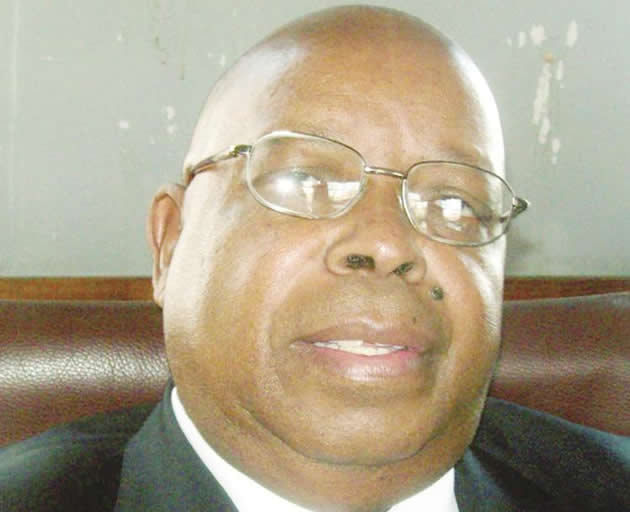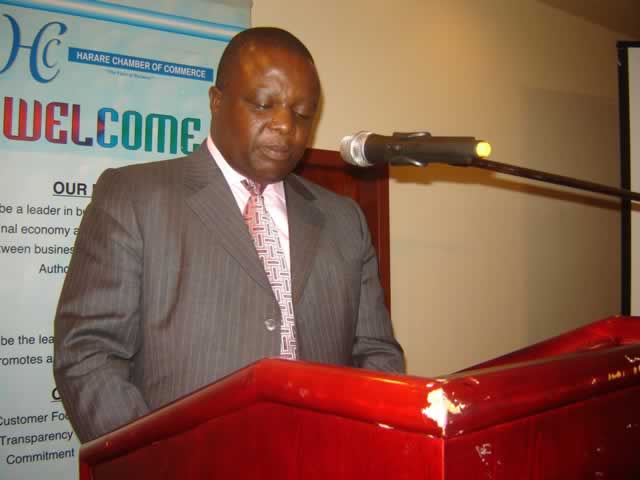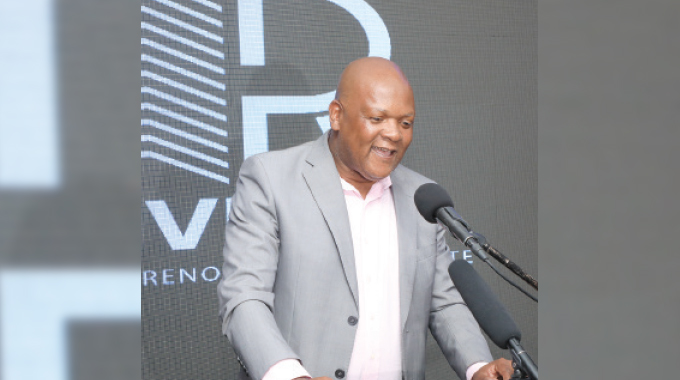Zim tax laws archaic: Mudenda

Golden Sibanda Harare Bureau
GOVERNMENT needs to review the multiplicity of taxes and cumbersome investment approval processes in order to grow the economy, Speaker of the National Assembly, Jacob Mudenda has said.
Advocate Mudenda said that there is urgent need to review and streamline the numerous taxes applicable to business and investment, as the current tax regime has been overtaken by global events.
Addressing members of parliament at a pre-budget seminar at Pandhari Hotels in Harare yesterday, the Speaker said too many tax obligations affected the growth of the economy.
Minister of Finance Patrick Chinamasa has already revised 2015 growth forecast from 3,5 percent to 1,5 percent citing poor performance of agriculture due to low rainfall across the country last year.
Other key sectors of the economy such as manufacturing and mining are struggling to increase production due serious lack of funding and sharp decline of commodity prices on the global markets.
Adv Mudenda said it was therefore imperative for Government to review the national tax system as well as numerous other statutory levies payable to authorities and agencies to lessen the tax burden on investors and companies to expand the latitude for growth.
“There’s taxation here, taxation there; there’s need for mainstreaming of all taxes,” he said, adding that “one of the ways of growing the cake is to realign our taxation system . . . it is very archaic.”
Zimbabwe’s tax regime is considered as one of the most difficult and expensive, with the country ranked 142 out of 189 countries on the ease of paying taxes in the World Bank’s Doing Business two years ago.
In a review of Zimbabwe’s tax regime last year Ernst & Young said the tax system has not kept pace with the “dynamic business environment, pointing out that the favourable tax rates are negatively impacted by an inefficient tax administration process.
Government was advised to consider incentives such as tax holidays of up to 100 percent of profits for investment in key infrastructure development and investment in special economic zones.
“There’s also the constraint of the one stop (investment) shop. His Excellency (The President) said (it should be set up) by 31st (December). What is required here is an omnibus investment law,” he said.
Investors into Zimbabwe, he said, end up having to seek approvals from numerous ministers. “What we need is a one stop investment shop.”
The Zimbabwe Investment Authority says a fully functional one stop centre has taken long to set up due to the absence of enabling legislation.
Adv Mudenda also stressed the need to adopt swift modern technology, which allows for online submission and approval of investment applications as compared to physical completion of forms.
Government was urged to expedite online investment projects application so that “when you want to start a company you press the button.”
Lack of efficient tax regime and cumbersome investment approvals processes add to the already high cost of doing business in Zimbabwe and militate against Government effort to attract FDI.
Over the past couple of years, Zimbabwe has been able to attract an average of $400 million to $500 million in terms of foreign direct investment compared to its regional peers who got upwards of $2 billion.
The poor showing in attracting investment has been blamed on policy inconsistence, lack of policy clarity, high costs of doing business (labour, electricity, infrastructure, taxation, tight liquidity, cost of funding) and cumbersome investment approval among others.











Comments